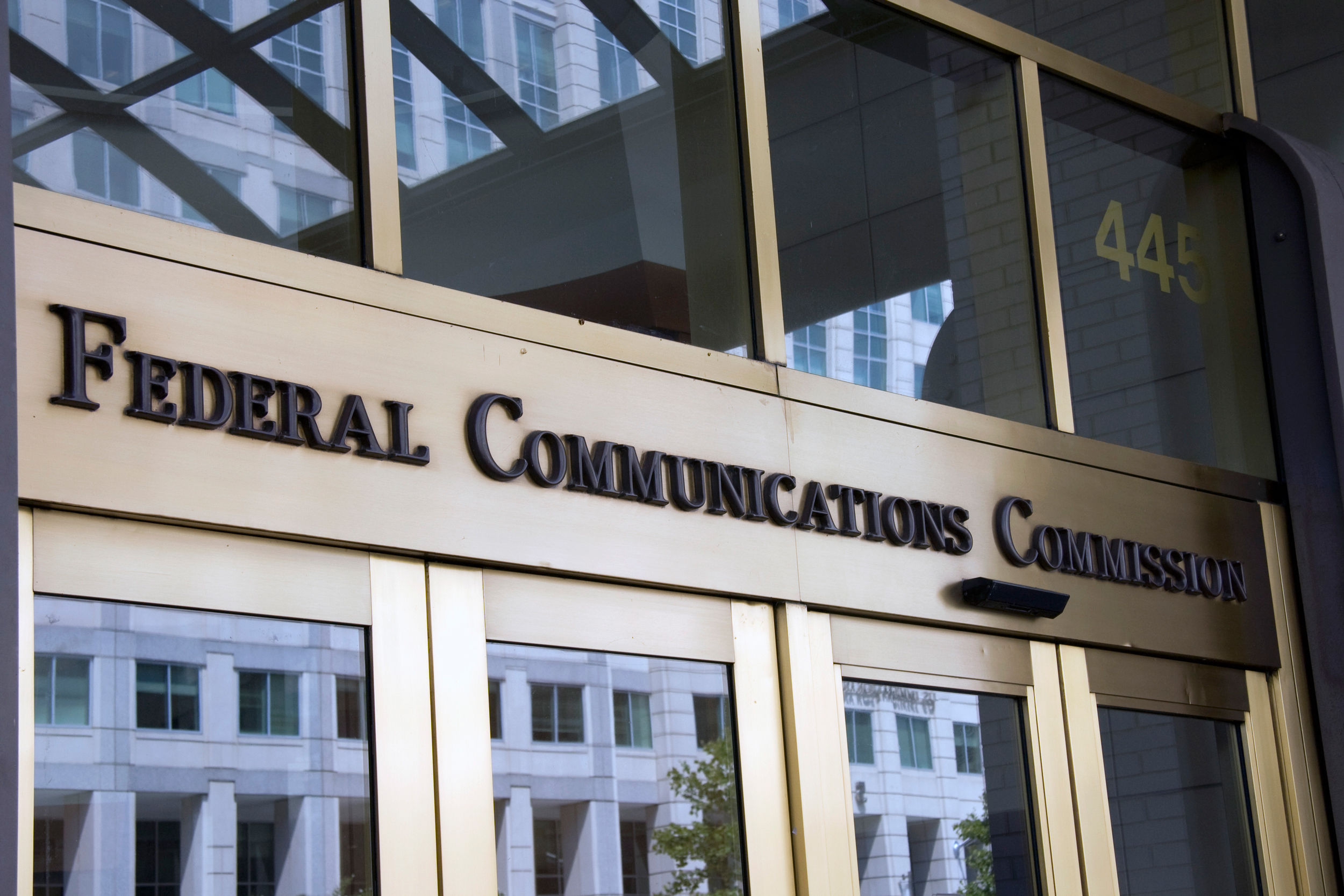GAO: FCC's USF Program Needs Work
FCC says it agrees with recommendations for improvement

The smarter way to stay on top of the multichannel video marketplace. Sign up below.
You are now subscribed
Your newsletter sign-up was successful
The General Accounting Office has questions about the FCC's Universal Service Fund subsidy program and says the commission needs more data so it can measure the USF's effectiveness.
That is according to a report commissioned and released Friday (Oct. 30) by House Energy & Commerce Committee Chairman Frank Pallone (D-N.J.).
"Although the performance goals for the high-cost program reflect principles in the Telecommunications Act of 1996, not all of the goals are expressed in a measurable or quantifiable manner and therefore do not align with leading practices," the GAO report concluded. "Furthermore, FCC’s measures for its performance goals do not always align with leading practices, which call for measures to have linkage with the goal they measure and clarity, objectivity, and measurable targets, among other key attributes....By establishing goals and measures that align with leading practices, FCC can improve the performance information it uses in its decision-making processes about how to allocate the program’s finite resources."
GAO also said the FCC needs to do a better job of reporting on the program's progress toward performance goals.
GAO offered up some recommendations:
1. "The Chairman of FCC should revise the high-cost performance goals so that they are measurable and quantifiable.
2. "The Chairman of FCC should ensure high-cost performance measures align with key attributes of successful performance measures, including ensuring that measures clearly link with performance goals and have specified targets.
The smarter way to stay on top of the multichannel video marketplace. Sign up below.
3. "The Chairman of FCC should ensure the high-cost performance measure for the goal of minimizing the universal service contribution burden on consumers and businesses takes into account user-fee leading practices, such as equity and sustainability considerations.
4. "The Chairman of FCC should publicly and periodically report on the progress it has made for its high-cost program's performance goals, for example, by including relevant performance information in its Annual Broadband Deployment Report or the USF Monitoring Report."
In their response to the report, the FCC's managing director, Mark Stephens, and Kris Anne Monteith, chief of the Wireline Competition Bureau, said they agreed with those recommendations. They also said that they would recommend that the Commission "revisit the overarching performance measures as part of ongoing and future proceedings" involving the high-cost program, which is the USF fund going to areas where buildouts are too costly to justify private investment. But they added that GAO's characterization of the high-cost fund as the primary reason for the rising contribution factor is incorrect since total spending on the high-cost program has only increased 10% while the contribution factor has increased by 35%.
While the tone of the report was not accusatory, Pallone read the results as an indictment of the FCC's handling of the program under FCC Chairman Ajit Pai.
“I requested this report because I had profound concerns about the Trump FCC’s handling of the Universal Service Fund, and today’s report validates those fears," he said. "GAO has found that the high-cost program has been woefully maintained, with basic governance structures either wholly missing or outdated, effectively being left to rot under Chairman Pai’s leadership.
“This news comes as the FCC pushes out $16 billion in high-cost broadband funding without adequate or accurate broadband maps to guide them – and is doing so over the express objections of Democratic FCC Commissioners.
"It is likely that, as a result, funding will be poorly targeted and wasted, when it could and should be going toward communities in desperate need of connectivity," said Pallone. "Today’s report confirms that Chairman Pai’s FCC has failed to be a proper steward of the Universal Service Fund, and future Commissions will be at a serious disadvantage in closing the digital divide as a result.”
That "RDOF" was a reference to the FCC's launch this week of the Rural Digital Opportunity Fund subsidies.
Contributing editor John Eggerton has been an editor and/or writer on media regulation, legislation and policy for over four decades, including covering the FCC, FTC, Congress, the major media trade associations, and the federal courts. In addition to Multichannel News and Broadcasting + Cable, his work has appeared in Radio World, TV Technology, TV Fax, This Week in Consumer Electronics, Variety and the Encyclopedia Britannica.

